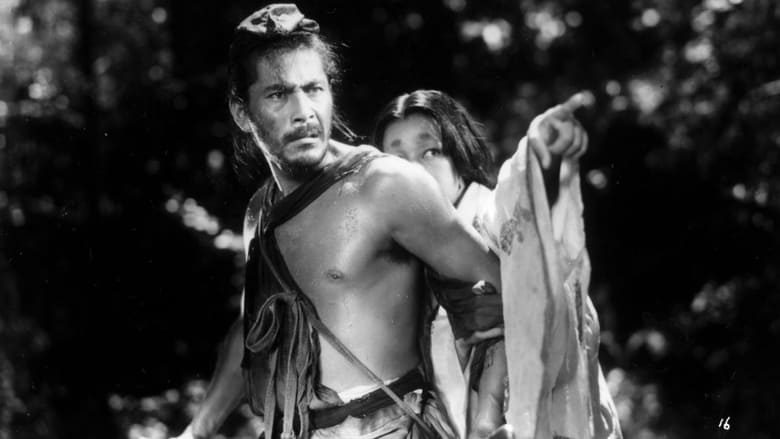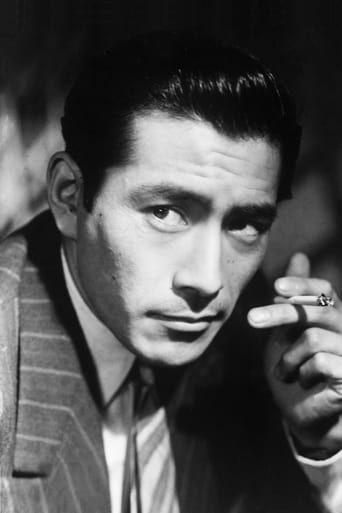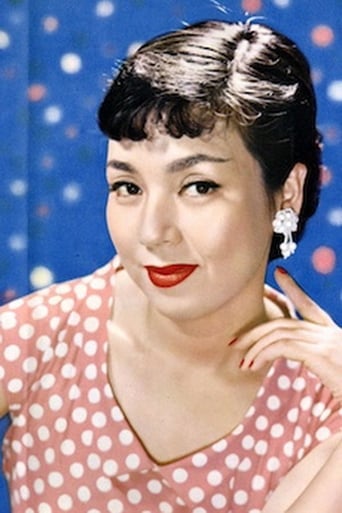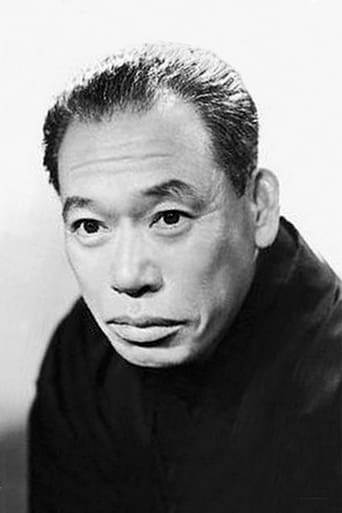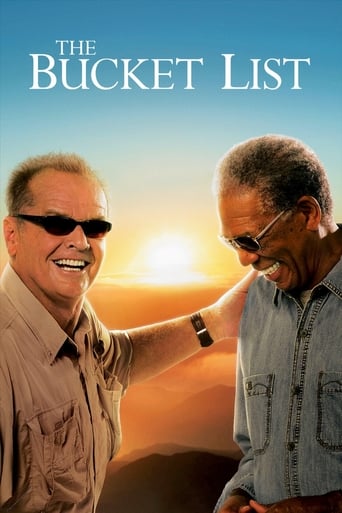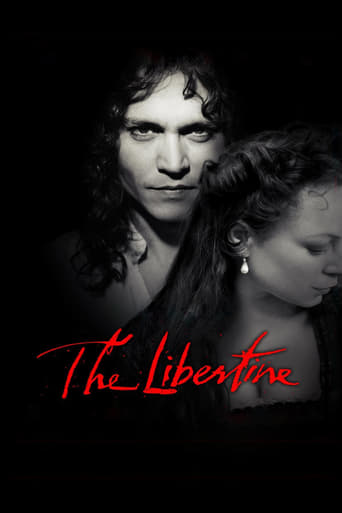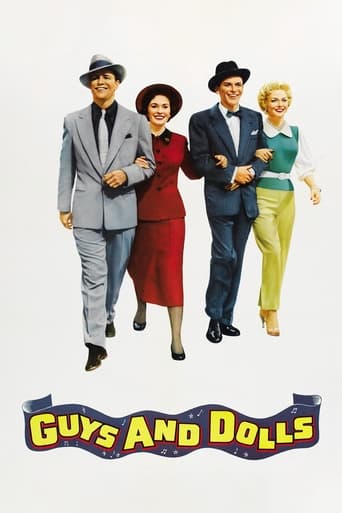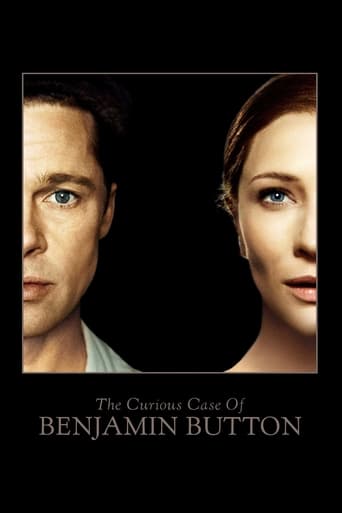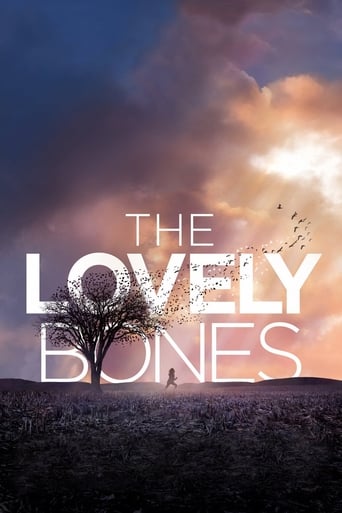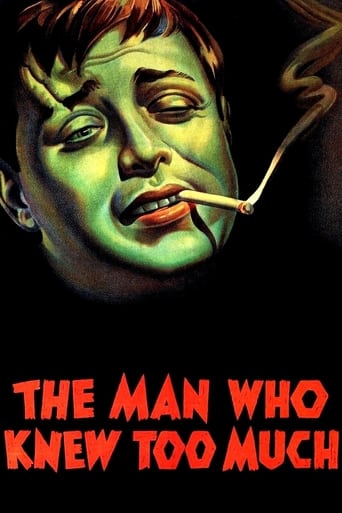Rashomon (1950)
Brimming with action while incisively examining the nature of truth, "Rashomon" is perhaps the finest film ever to investigate the philosophy of justice. Through an ingenious use of camera and flashbacks, Kurosawa reveals the complexities of human nature as four people recount different versions of the story of a man's murder and the rape of his wife.
Watch Trailer
Cast


Similar titles
Reviews
Save your money for something good and enjoyable
Fun premise, good actors, bad writing. This film seemed to have potential at the beginning but it quickly devolves into a trite action film. Ultimately it's very boring.
Although I seem to have had higher expectations than I thought, the movie is super entertaining.
An old-fashioned movie made with new-fashioned finesse.
Rashomon is one of the most well known movies of Japanese cinema, and for good reason. The unconventional yet exceptional cinematography conveys the simple tale in a very effective way. But for me the most important part is what that tale can teach us.One can think about what Rashomon's message really is for a long time, and keep coming up with new ideas, and most likely one of them will resonate with some people more than it will with others. The lessons i feel Rashomon strongly emphasizes are the fact that each person thinks of their profit, and will do many things to protect what they value the most and/or gain something more, and the fact that truth told by a single person is never the actual truth.That is achieved through the characters retelling what happened between the three of them in the forest, each spinning a new tale that makes them look as the most noble, strong, or innocent, trying to earn sympathy or not lose the pride they have, as previously stated, valuing their own gain more than telling the truth. Through the same points of view, it becomes clear that no single narrator is reliable, because even if you are willing to tell the truth, small exaggerations, omissions, lies, will most likely show up, especially if you were involved in the story you are retelling.A stunning movie that everyone should watch at least once in their lifetime.
An account of rape told to the High Court from three different perspectives: the raper, the woman, and her prince who failed to protect her
Rashomon offers four subjective narratives talking about the same event in the past, which is the death of a samurai in the woods. The film starts by introducing three characters at the Rashomon Gate: a woodcutter, a priest, and a commoner. While the heavy rain is pouring down to the ground, the woodcutter and the priest take turn for telling the commoner the stories of the dead samurai from the mouth of the bandit, the samurai's wife, and the samurai himself (in the ghost mode). From this point the film continues repeating the same event, but there is always something which creates contradiction with the previous or the latter version of the event. As you are watching the film, you would get confuse and eventually feel frustrated because you couldn't tell what really happened inside the woods. And perhaps we don't suppose to figure out at all. Akira Kurosawa, the director of Rashomon, told his assistant directors who didn't understand the script that the script is comprehensible already, even though there isn't any solution given inside the script. In Rashomon, Kurosawa didn't create a film which is formed in classical narrative structure (exposition, rising action, climax, resolution). What he created is a film that doesn't treat flashback as reality of the past. This is perhaps why Rashomon become one of a few films that being discussed over and over again in film studies classes.
You know - When it comes to the likes of 1950's Japanese cinema - I, for one, would much sooner watch a hilariously clumsy "Godzilla" picture rather than endure this absurd, dry-as-dust "Art House" nonsense, any day.And, speaking about the phrase "Art House" - That, to me, is just a hoity-toity term that excuses all sorts of annoying inadequacies in a picture which would otherwise not be tolerated (in a non-"Art House" production).This irksome term also suggests to me that if one dislikes a film that fits into this snobbishly elitist category that that automatically reduces them to being nothing but an unsophisticated heathen. It's true.Anyway - With Rashomon now being nearly 70 years old - I really did try to cut it some slack. But - Let me tell ya - Had this film been an American production - You can bet that it wouldn't be receiving all of the praise and reverence that it has garnered for itself over these many, long years. Nope. You can bet your bottom yen on that.


